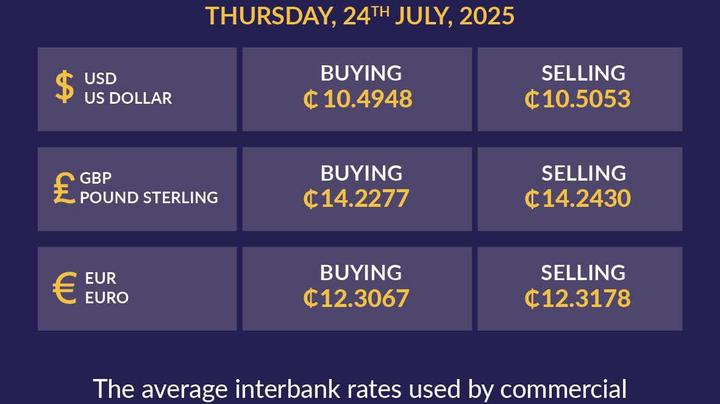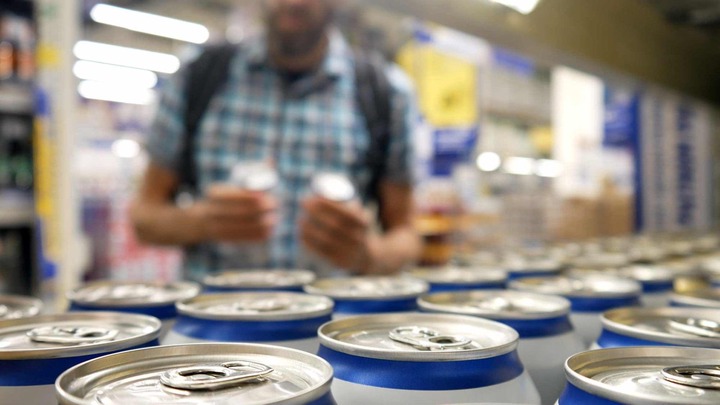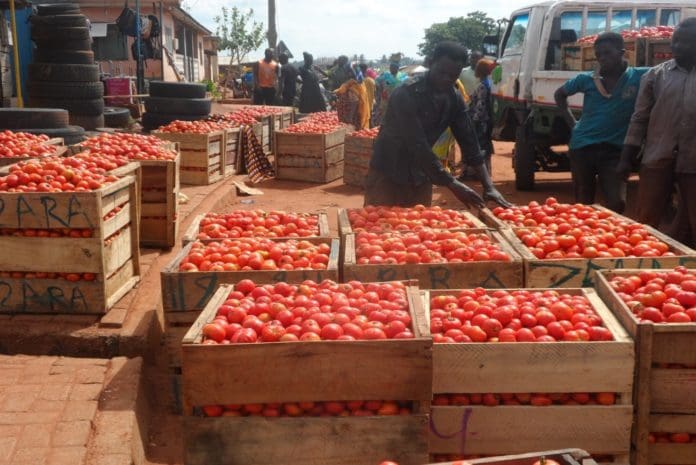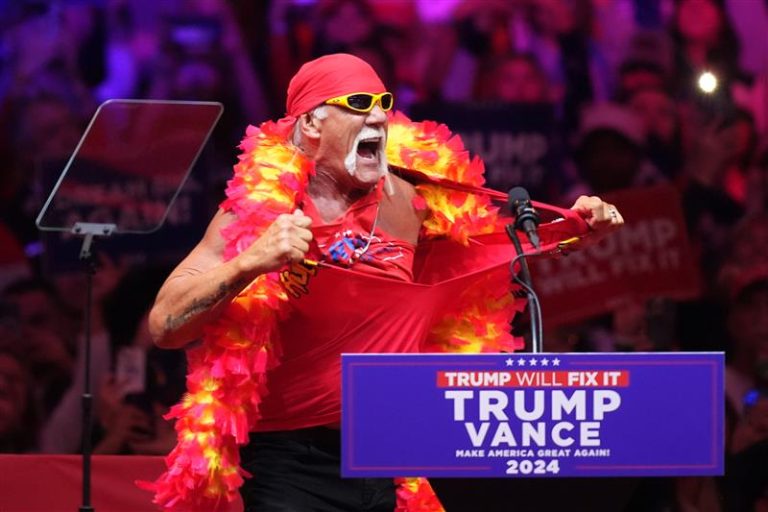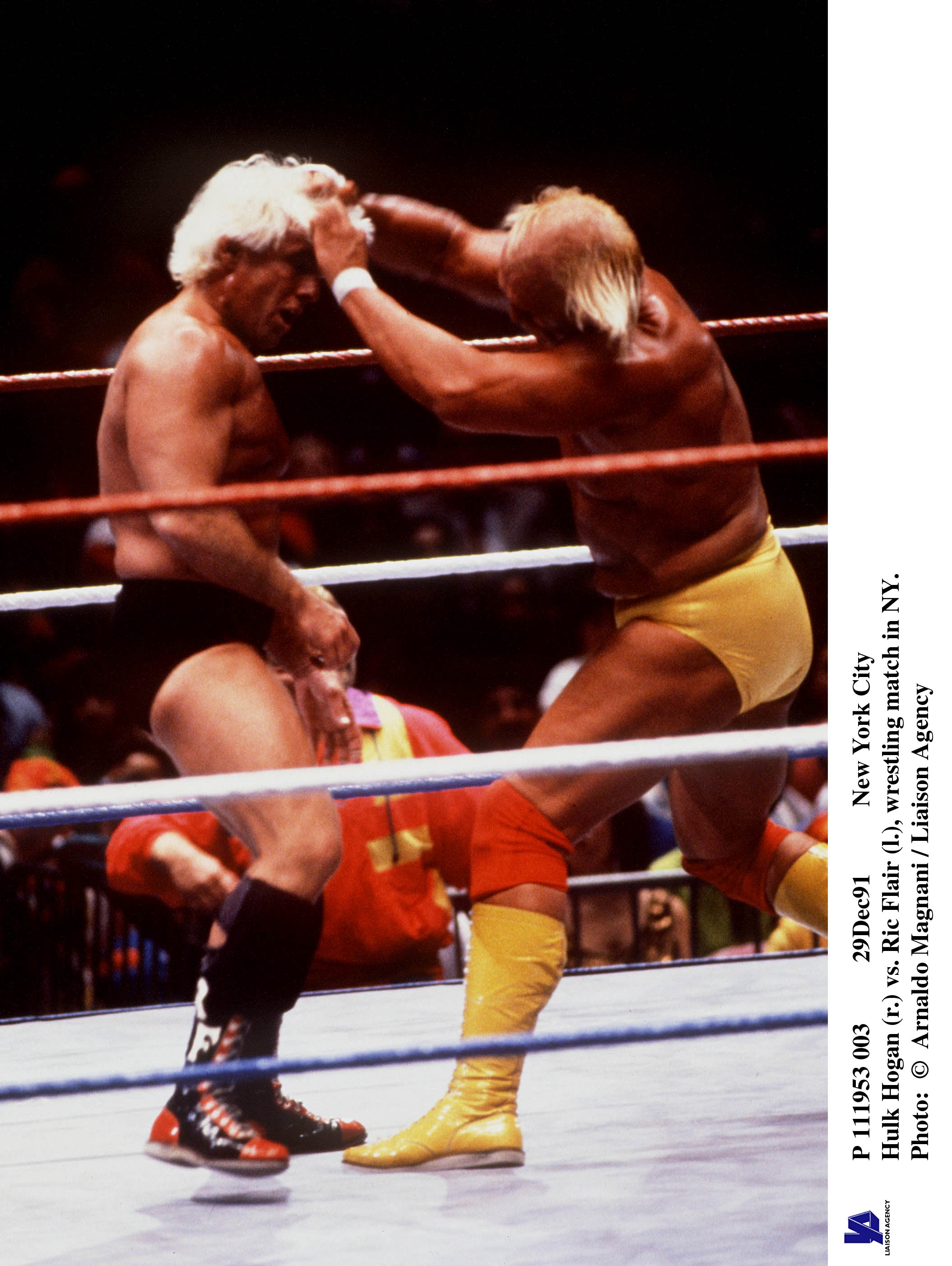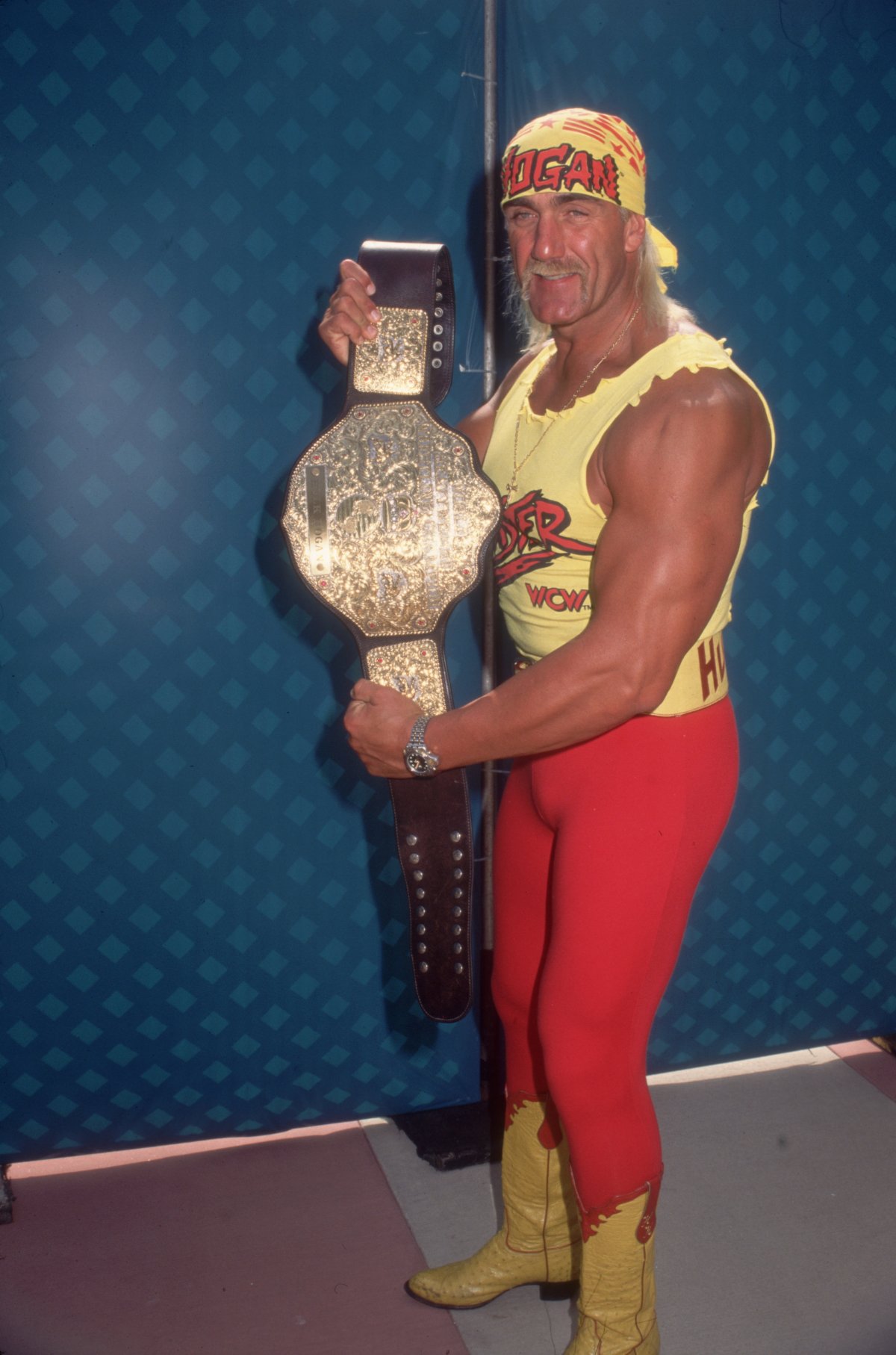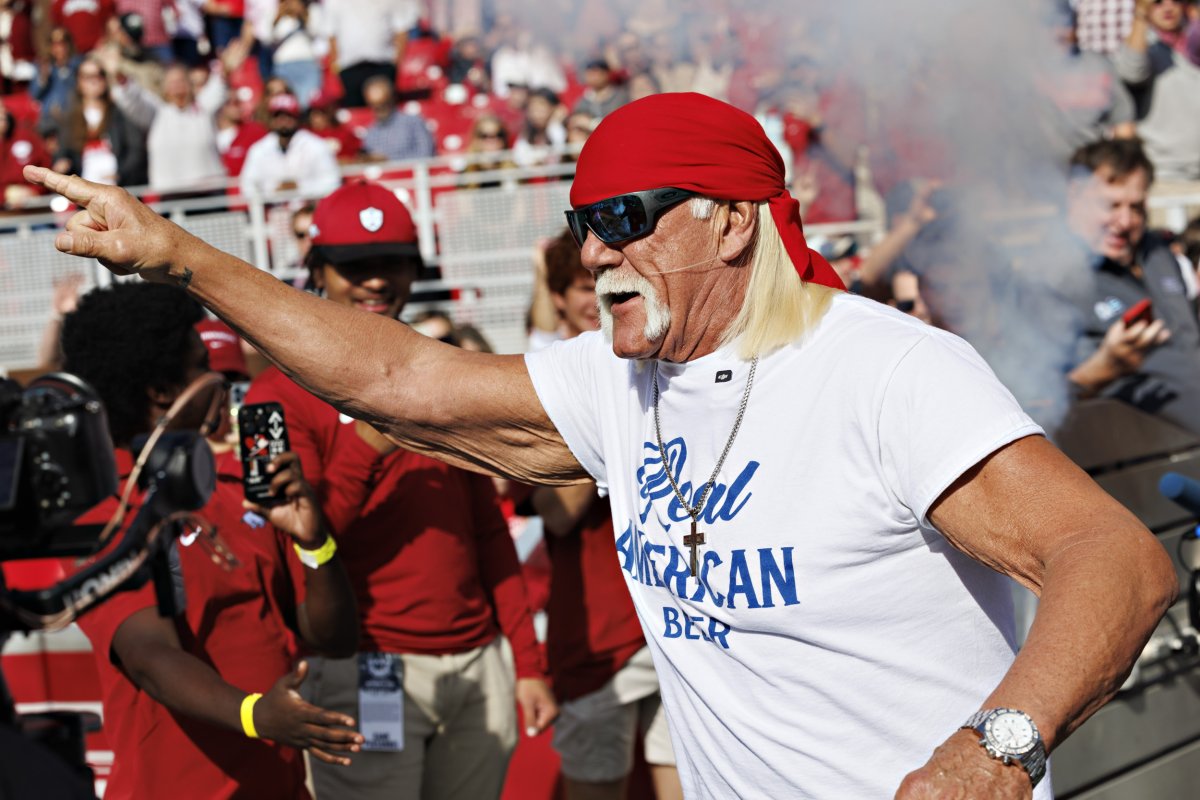Edouard Ngaïssona was elected to the executive committee of the Confederation of African Football in February 2018.
The former head of the Central African Republic (CAR) football federation, Patrice-Edouard Ngaïssona, has been found guilty of committing 28 war crimes and crimes against humanity by judges at the International Criminal Court (ICC).
He was accused, alongside Alfred Yekatom, of coordinating attacks against the country’s Muslim population in 2013-14.
Yekatom, nicknamed Rambo, was found guilty of 20 charges. The judges gave their verdict after a trial lasting almost four years involving more than 170 witnesses and nearly 20,000 items of evidence.
Ngaïssona was sentenced to 12 years, and Yekatom to 15 years.
Violence has gripped the CAR for much of the past decade, but a recent peace deal led to the dissolution of two rebel groups this month.
CAR was plunged into turmoil in 2013 when predominantly Muslim rebels from the Séléka group seized power in the majority Christian country.
A band of mostly Christian militias, called the anti-Balaka, rose up to counter Séléka after then-President François Bozizé was ousted.
Ngaïssona and Yekatom were convicted of numerous crimes, including murder, torture and persecuting a religious group.
Ngaïssona was acquitted of rape, while Yekatom was cleared of enlisting children as soldiers.
Both men had denied all charges.
The prosecution set out the alleged system of command, saying Ngaïssona provided funds and instructions to anti-Balaka groups in 2013 and 2014.
Yekatom was a commander who allegedly led fighters into the capital, Bangui, on 5 December 2013, where civilians were slaughtered.
The prosecution said the pair’s strategy was to make all Muslims their target, describing them as “enemies of the nation”.
Yekatom authorised his fighters to attack Muslim civilians, including to slit throats, cut off ears and bury people alive, the prosecution alleged.
Asked to enter a plea at the start of the trial, both men rejected all the charges.
Media reports at the time indicate that at least 1,000 people were killed in tit-for-tat clashes in Bangui in December 2013, and half the city’s population fled in that month alone.
Who is Patrice-Edouard Ngaïssona?
He was the self-declared political co-ordinator of anti-Balaka forces.
Ngaïssona was barred from running for CAR president in 2015 because of his alleged role in the atrocities.
He is a former head of the CAR’s football federation and briefly served as sports minister before being elected to the executive committee of the Confederation of African Football (Caf) in February 2018.
His appointment was criticised by several human rights groups.
“If the allegations were true, I wouldn’t be here today,” he told AFP news agency at the time. “[I don’t] mix politics and sport – everything I’ve done has been for the good of my country.”
French authorities arrested him in December 2018 and he was transferred to the ICC in January 2019.
Who is Alfred Yekatom?
Yekatom was elected as an MP in 2016, despite being subject to UN sanctions.
He was arrested in October 2018 after he fired a gun in parliament, then ran away, after a row with a fellow MP.
His extradition to the ICC was the first from CAR.
The International Federation for Human Rights (known by its French acronym FIDH) said it signalled the authorities there were committed to fighting impunity.
DISCLAIMER: The Views, Comments, Opinions, Contributions and Statements made by Readers and Contributors on this platform do not necessarily represent the views or policy of Multimedia Group Limited.
DISCLAIMER: The Views, Comments, Opinions, Contributions and Statements made by Readers and Contributors on this platform do not necessarily represent the views or policy of Multimedia Group Limited.

















 The Community Aid for Rural Development (CARD-Ghana) has launched sanitary pad banks in five Junior High Schools (JHS) in the Wa municipality.
The Community Aid for Rural Development (CARD-Ghana) has launched sanitary pad banks in five Junior High Schools (JHS) in the Wa municipality.











